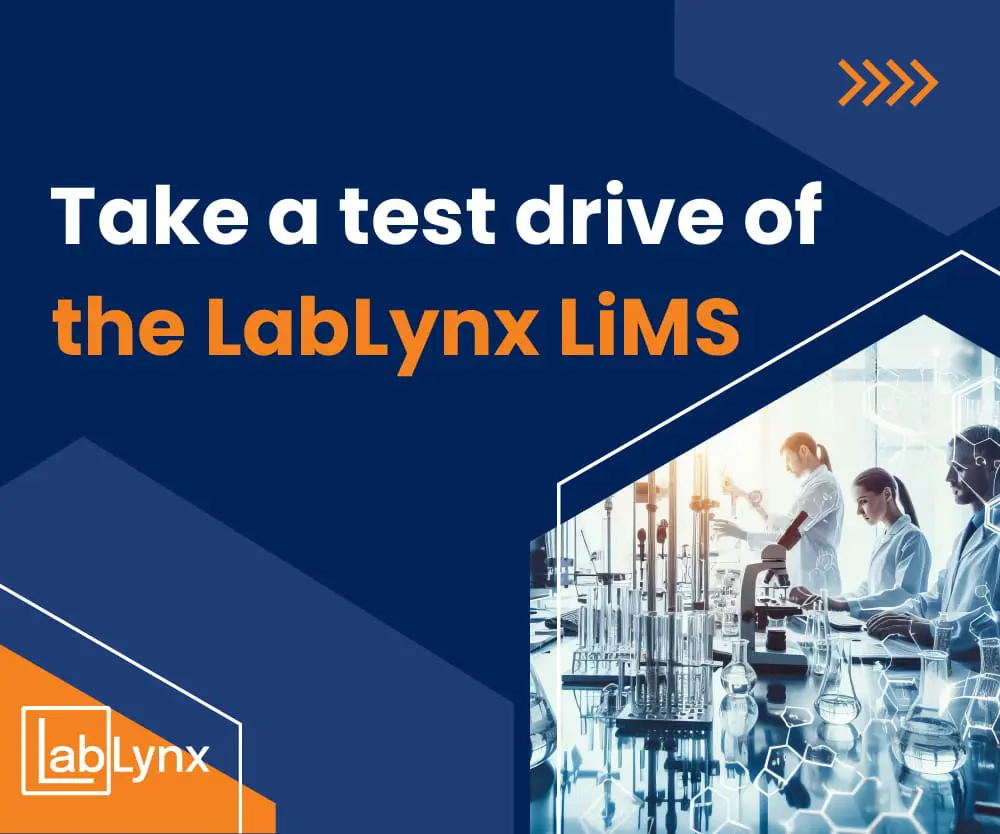Quality Management and LIMS: A Symbiotic Relationship for Laboratory Excellence
Quality management is the cornerstone of any successful laboratory operation. It ensures accuracy, reliability, and compliance with industry standards and regulations. In today’s data-driven world, Laboratory Information Management Systems (LIMS) have emerged as essential tools for laboratories seeking to streamline their quality management processes and achieve operational excellence. This article explores the symbiotic relationship between quality management and LIMS, highlighting how LIMS software empowers laboratories to elevate their quality standards, improve efficiency, and drive continuous improvement.
The Role of LIMS in Quality Management
LIMS software plays a pivotal role in quality management by providing a comprehensive platform for managing all aspects of laboratory operations, including:
- Document Control: LIMS centralizes and manages standard operating procedures (SOPs), protocols, and other essential documentation, ensuring that everyone in the lab follows the same standardized procedures.
- Training Management: LIMS tracks employee training records and certifications, ensuring that staff are qualified to perform their assigned tasks and maintain quality standards.
- Equipment Calibration and Maintenance: LIMS schedules and tracks calibration and maintenance activities for laboratory instruments, ensuring that equipment is operating within specifications and producing reliable results.
- Non-Conformance and Corrective Action (CAPA) Management: LIMS enables the identification, documentation, and resolution of non-conformances, helping laboratories proactively address quality issues and prevent recurrence.
- Audit Trail: LIMS maintains a comprehensive audit trail of all laboratory activities, providing a transparent record of data changes, user actions, and system events for traceability and compliance.
Key Benefits of Integrating LIMS with Quality Management
The integration of LIMS with quality management practices yields significant benefits for laboratories, including:
- Improved Data Quality and Integrity: LIMS ensures the accuracy, reliability, and traceability of laboratory data, minimizing errors and ensuring data integrity.
- Enhanced Compliance: LIMS helps laboratories adhere to stringent industry regulations and standards, such as ISO 17025, GLP, and GMP, by automating compliance tasks and maintaining a robust audit trail.
- Increased Efficiency: LIMS streamlines quality management processes, reduces manual documentation, and automates repetitive tasks, freeing up staff to focus on higher-value activities.
- Proactive Risk Management: LIMS enables early identification and mitigation of risks through real-time monitoring, trend analysis, and proactive alerts.
- Continuous Improvement: LIMS provides valuable data insights that can be used to identify areas for improvement, optimize processes, and drive continuous quality improvement initiatives.
LIMS Features That Support Quality Management
LIMS software offers a range of features specifically designed to support quality management efforts, including:
- Automated Data Capture and Validation: LIMS automates data entry and validation, minimizing human error and ensuring data accuracy.
- Electronic Signatures: LIMS enables secure electronic signatures for SOPs, protocols, and other critical documents, enhancing compliance and traceability.
- Real-Time Monitoring and Alerts: LIMS provides real-time monitoring of critical quality metrics, triggering alerts when deviations occur to enable prompt corrective action.
- Statistical Process Control (SPC): LIMS incorporates SPC tools for monitoring and analyzing process performance, enabling early detection of trends and potential quality issues.
- Risk Assessment and Management: LIMS facilitates risk assessment and management processes, helping laboratories proactively identify and mitigate risks to quality.
Conclusion
The integration of LIMS with quality management is no longer a luxury but a necessity for modern laboratories. By leveraging the power of LIMS, laboratories can achieve higher levels of quality, efficiency, and compliance, ultimately delivering more reliable results, reducing costs, and improving overall performance.
In the ever-evolving landscape of laboratory science, LIMS is not just a software solution; it’s a strategic investment in quality, innovation, and excellence.


